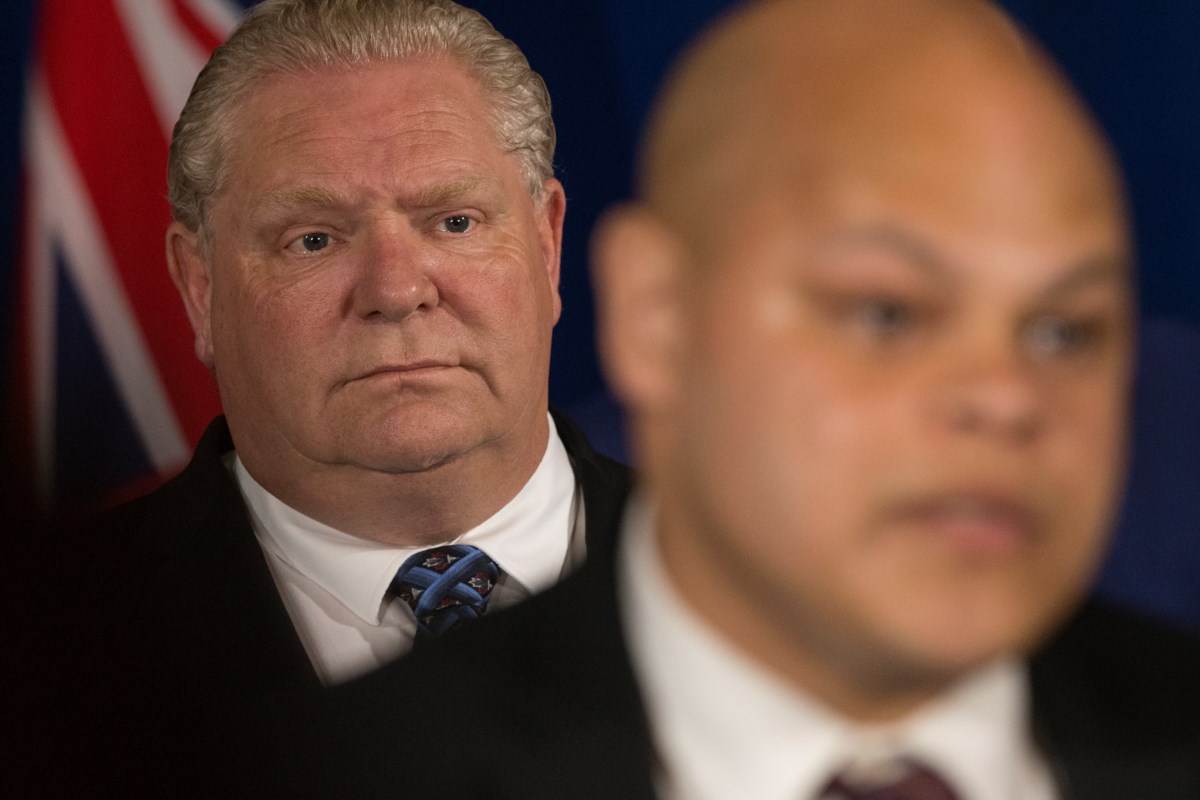Could there be a recount in our hotly contested riding?

According to Elections Canada, a race between two candidates needs to be within 0.1 per cent of total votes cast in a riding in order to trigger an official recount As many expected, the riding of Sault Ste. Marie-Algoma turned out to be a remarkably tight race, with Liberal Terry Sheehan ultimately edging out Conservative Hugh Stevenson. With all but two polls reporting (285 of 287), Sheehan has captured 29,917 votes — 1,485 more than Stevenson's total of 28,432. Is that close enough to trigger a recount? Very unlikely. According to Elections Canada, a race between two candidates needs to be within 0.1 per cent of total votes cast in a riding for a recount to be ordered. In a riding that casts 40,000 ballots, for example, a candidate would need to win by fewer than 40 votes to trigger a judicial, or automatic, recount. However, a recount can also be triggered by a candidate or elector no later than four days after results are validated, by notifying the riding's returning officer with a signed affidavit stating the count was improperly carried, or ballots were improperly rejected, among other conditions. As voters may recall, Sault Ste. Marie recently went through another tight race in February's provincial election, when Progressive Conservative candidate Chris Scott bested NDP hopeful Lisa Vezeau-Allen by a mere 114 votes — the closest race the riding has seen in 120 years. In a provincial election, a judicial recount is required within a 25-vote threshold between the winner and the next best candidate, but may also be requested by a candidate or elector under certain conditions. In the case of Scott and Vezeau-Allen, a recount was not conducted.



















